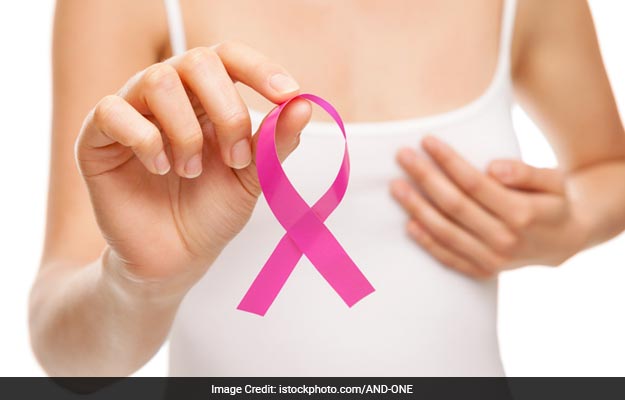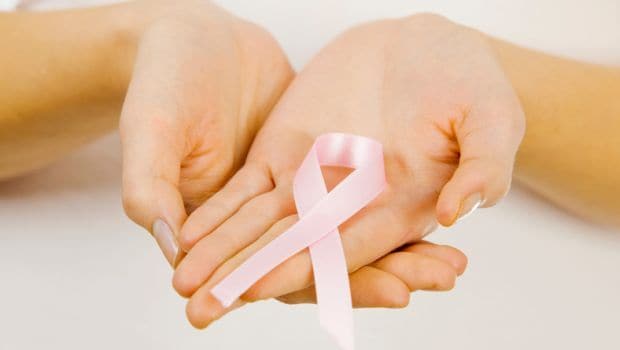
How can a woman know if she is at a risk of breast cancer? In most cases, what a woman is usually advised is to self-examine her breasts regularly or get them clinically examined by a medical professional. Young women may go for an ultrasound, whereas mammography is advised only for women above 35 years of age. Objective detection of breast cancer in young women in the early stages is challenging as young females have dense breast tissue. These are often not effectively screened by mammography and imaging techniques.
A new study suggests breast milk as a potential bio-marker that can help detect breast cancer at an early stage. It can also predict if a woman is at risk of developing the cancer later in her life. Biochemical monitoring of protein markers is one of the potential ways of detecting breast cancer. It studies different types of bodily fluids such as serum, nipple aspirate fluid and ductal lavage fluid, tear, urine, saliva and breast milk. Experts at the University of Massachusetts Amherst, US, investigated biochemical signatures of breast cancer that are detectable in breast milk. Breast milk samples from women were collected. These were taken from women with and without breast cancer as well those who were diagnosed later.

Photo Credit: iStock
The Study
Breast milk usually gives access to breast tissue in the form of exfoliated epithelial cells that are the origins of the most types of breast cancers. After studying the samples, the team looked for alterations and changes in the way protein was expressed in breast milk. These alterations determined when or if a woman has – or will soon develop – breast cancer. After further validation, the method could offer a new, non-invasive approach to breast cancer screening for women in their childbearing years.
[“source-ndtv”]
